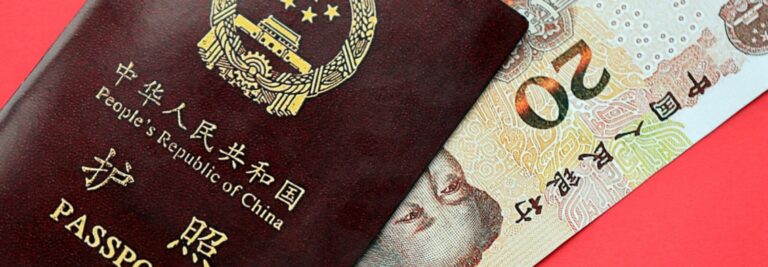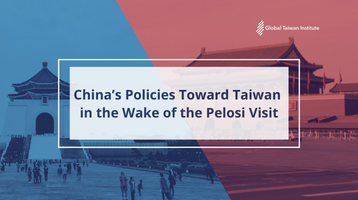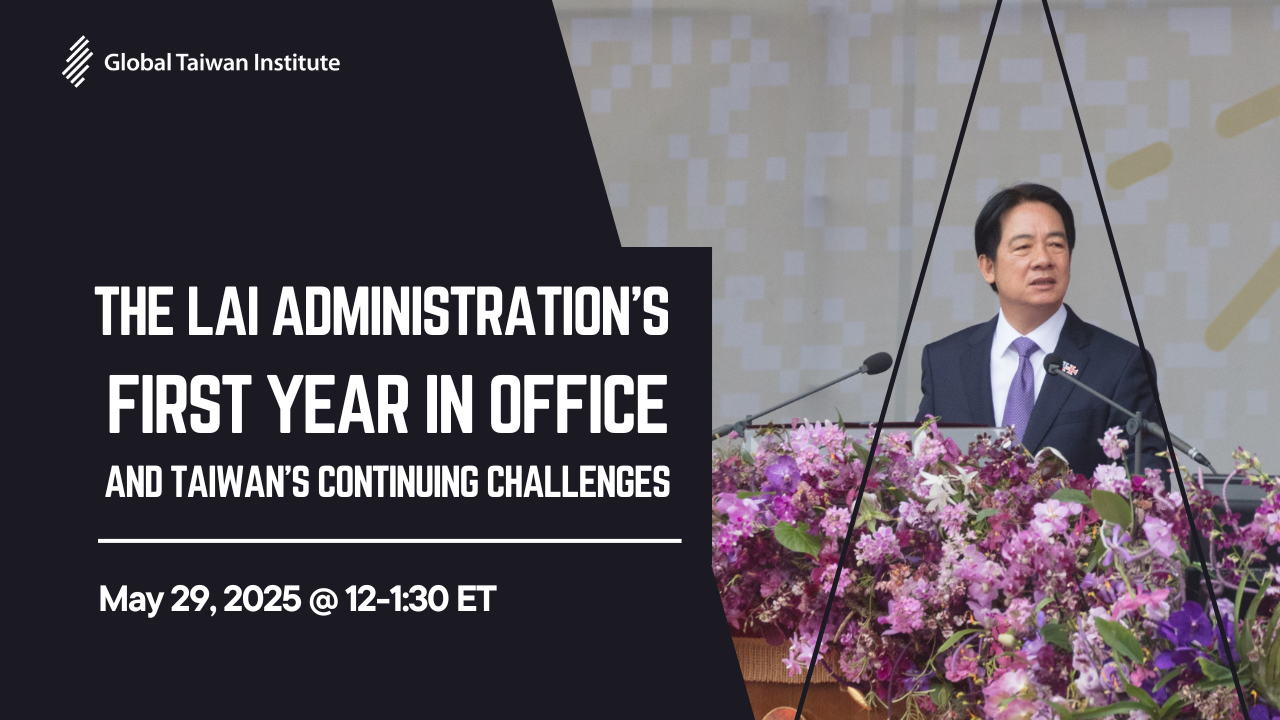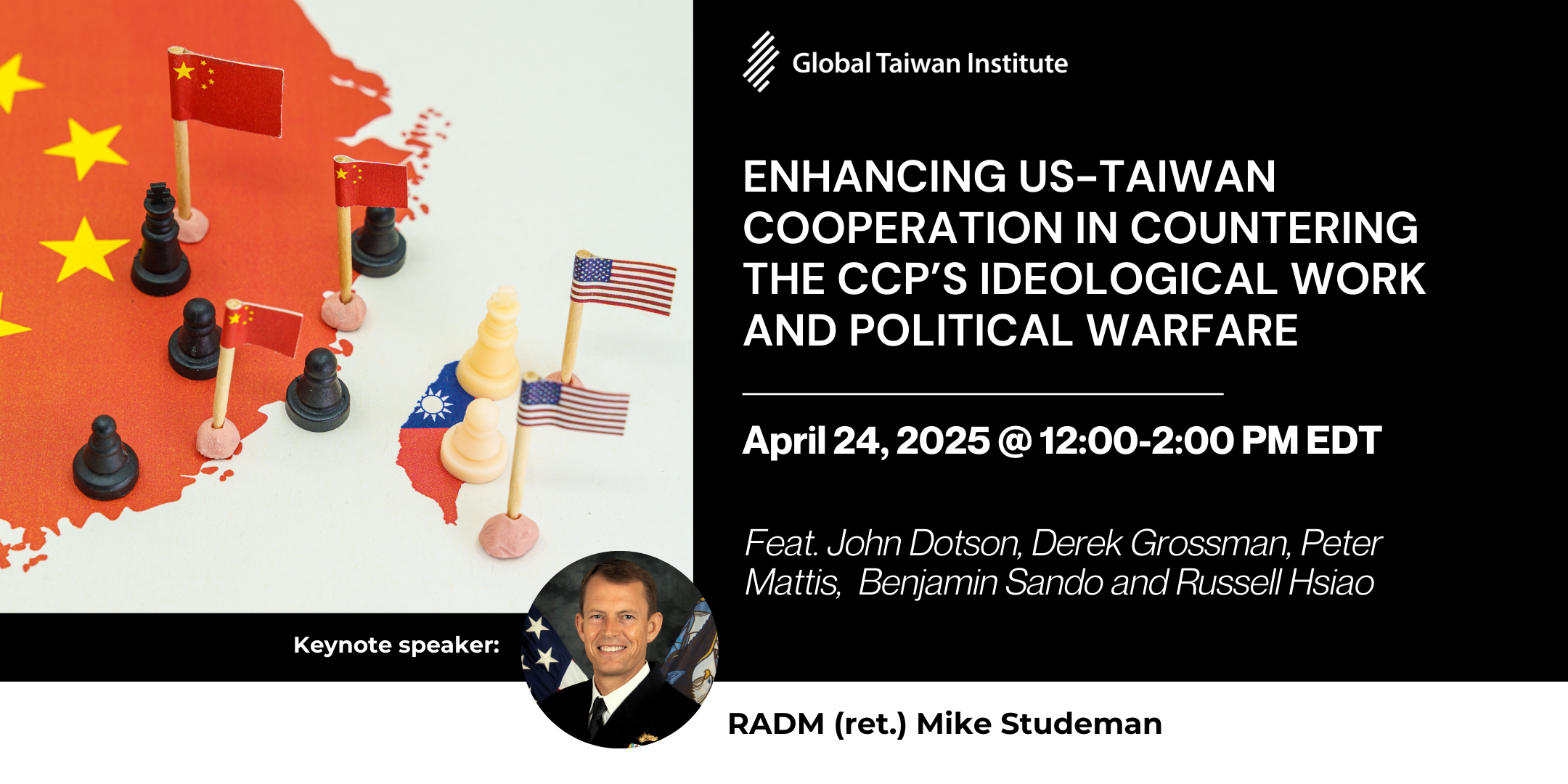
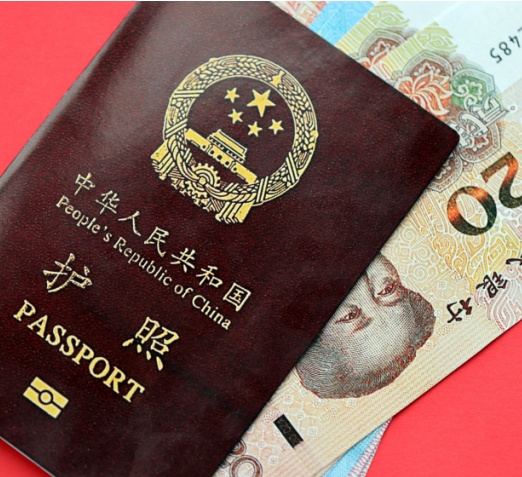

LATEST RESEARCH AND ANALYSIS
Public Seminars
Events focused on topics relating to Taiwan, Taiwan-US relations, cross-Strait relations, and Taiwan’s global policy. Seminars are free and open to the public.
Read our latest occasional report
Amid growing authoritarian threats, Taiwan continues to stand as a vibrant example of democratic resilience. In 2024, facing intensified political warfare from the Chinese Communist Party (CCP, 中國共產黨)—ranging from disinformation to economic coercion—Taiwan’s civil society has risen to the challenge. In events throughout the preceding year, GTI—supported by a generous grant from the Taiwan Foundation for Democracy (TFD, 臺灣民主基金會)—sought to explore these issues in greater detail, through both staff research and public seminars involving a range of expert voices, including civil society representatives from Taiwan. The findings of this research are summarized in this report.
Public Seminars
Events focused on topics relating to Taiwan, Taiwan-US relations, cross-Strait relations, and Taiwan’s global policy. Seminars are free and open to the public.
PODCASTS
Our podcast consists of brief, timely interviews with a wide range of policy experts, including academics, government officials, and journalists
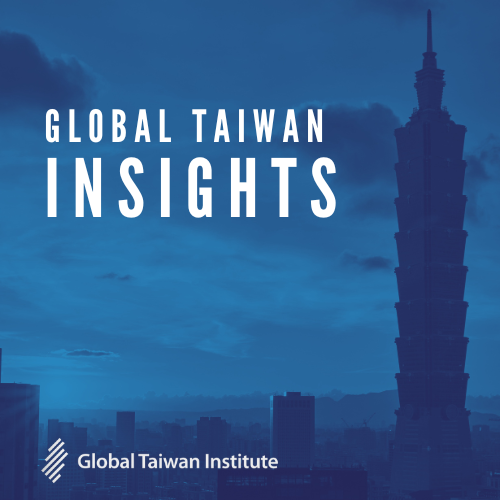
Global Taiwan Insights
Global Taiwan Insights (formerly GTI Insights) consists of brief, timely interviews with a wide range of policy experts, including academics, government officials, and journalists.

TAIWAN SALON
Taiwan Salon examines Taiwan’s cultural policy and approach to soft power from perspectives both inside and outside the government.
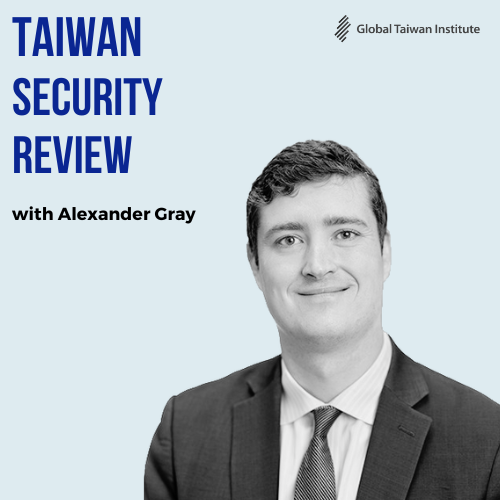
TAIWAN SECURITY REVIEW
Taiwan Security Review is a policy podcast produced by the staff of GTI. Hosted by GTI Senior Non-Resident Fellow Alex Gray


